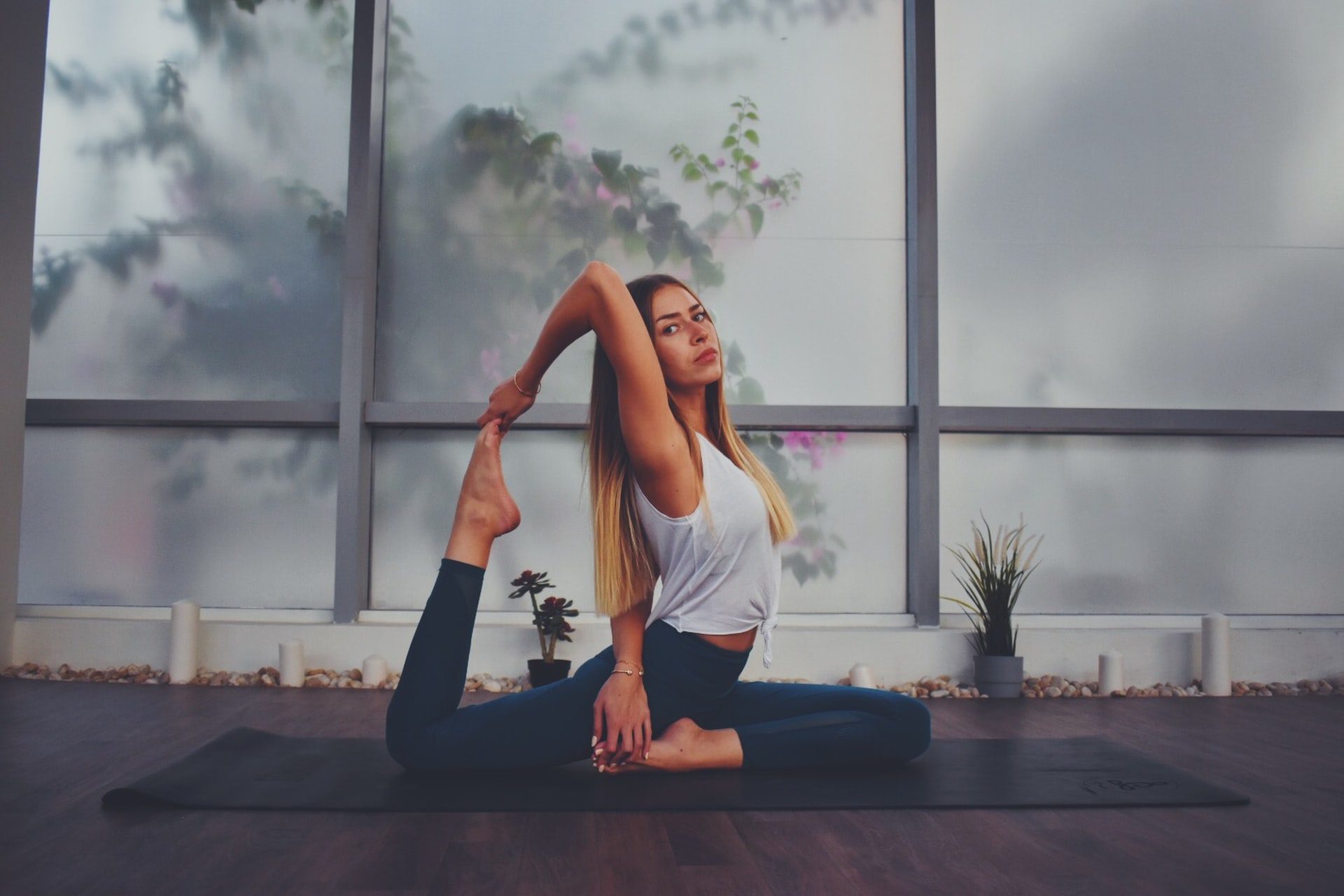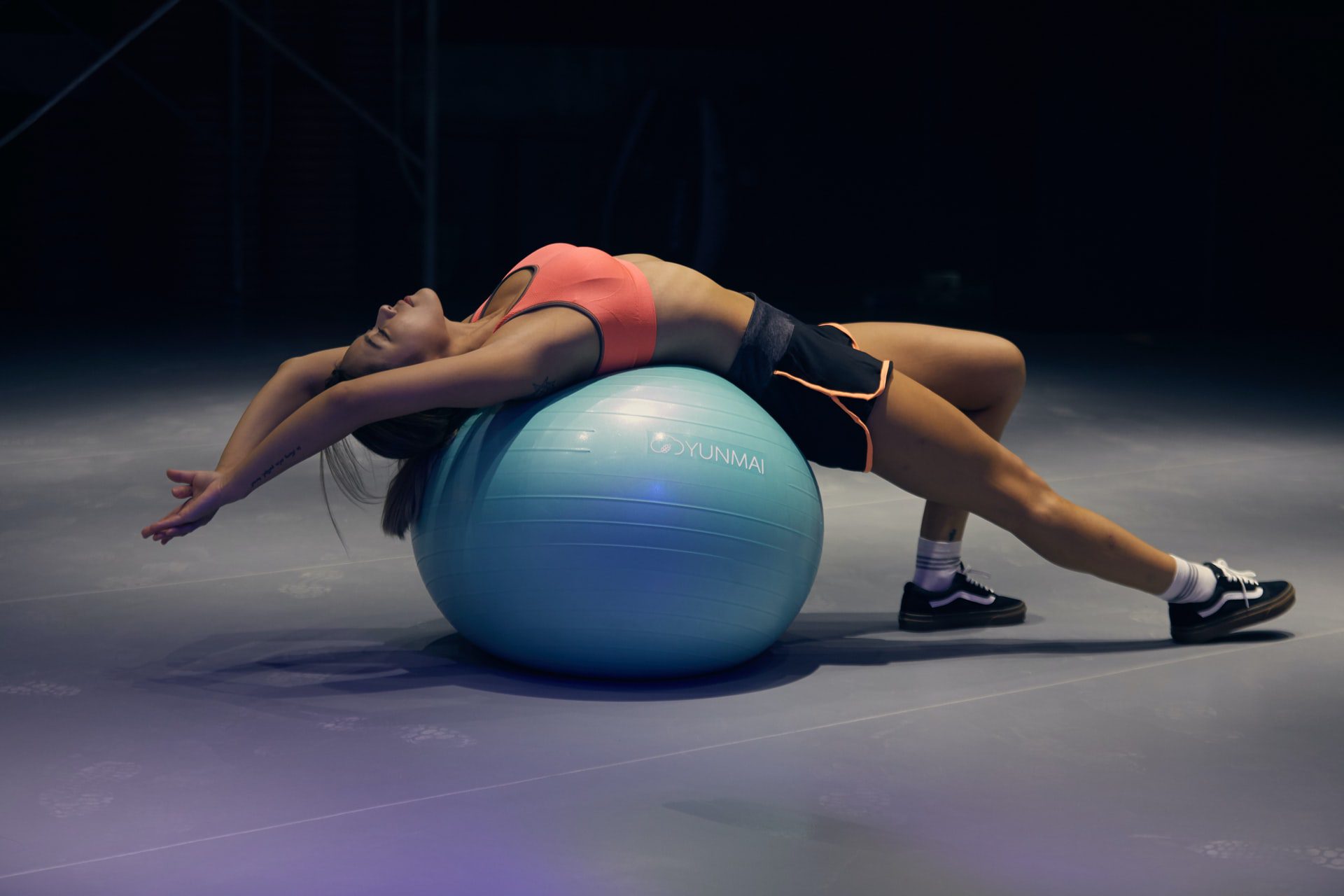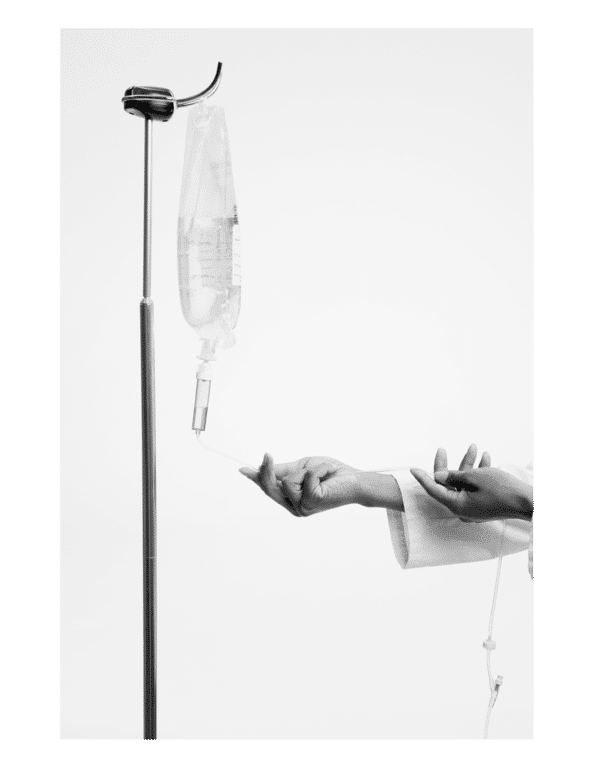
Sleeplessness is seemingly harmless; however, the 50 to 70 million Americans who suffer from chronic sleep disorder and wakefulness argue otherwise. Sleep loss and sleeping disorders, according to NCBI, are common, yet often overlooked health issues. While medically approved drugs can correct sleeplessness, a few studies have shown that physical activities certainly play a part in countering and correcting the adverse effects of poor sleeping.
This medical condition rarely makes the headlines, so much so that more than 80 percent of people with clinical sleep-disordered and un-rhythmic breathing remain undiagnosed. Clinically, sleep loss can lead to many direct body dysfunctions, including diabetes, hypertension, cardiovascular problems, depression, and impaired glucose tolerance—and these are just the direct effects. Indirect effects of sleeplessness include increased alcohol use, increased night eating, and obesity.
A long-term study of 380,000 middle-aged men, published in the British Journal of Sports Medicine revealed, amongst other data, that:
- Physical activity and good sleep have synergistic effects on health.
- Higher levels of physical activity may significantly impact the negative health impact of poor sleep.
Furthermore, the research showed that, out of the 15,500 participants that died, 58% died from cancer, 26% died from cardiovascular disease, 12% died from coronary heart disease, 3% from blood clot stroke, and 2% from brain bleed stroke. The research monitored the men for disease symptoms, especially coronary heart disease, stroke, and different cancers—which are complications of sleeplessness and a sedentary lifestyle. Altogether, more than 43% of the men died from cardiovascular-related diseases and stroke.
On the other hand, there were other people who seemed to age well and lived relatively healthier than those who died from cardiovascular symptoms, cancer, and stroke, within the observation period. They included:
- Slim men
- Younger men
- Men who consumed more fruits and vegetables
- Lived a less-sedentary lifestyle
- People who were more financially stable.
- Never smoked
- People who had no mental health issue
- Drank moderate alcohol
While the research has its limitations, mainly because the researchers relied on self-report, it still shows that a heightened physical life can help combat the adverse effects of sleeplessness.

How Does Exercise Help Sleep
Numerous people report that daytime workouts allow them to sleep better at night. Other people also report that exercising an hour before bedtime keeps them up at night. Aerobic exercise releases endorphins, chemicals within the body that relieves stress and pain. Albeit their stress-relieving capacity, endorphins can trigger happiness in a pattern similar to morphine. Therefore, exercising at night may improve your body’s willingness to sleep, or it may trigger a positive and happy headspace, keeping sleep away.
In a review on the effect of aerobic exercise on sleeplessness and insomnia, Charlene Gamaldo, M.D., the medical director of Johns Hopkins Center for Sleep, revealed that exercises and physical activities help sleep. However, “there’s still some debate as to what time of the day you should exercise.”
You must listen to your body when implementing exercises to dampen sleeplessness and its effects. There are two effects exercising can have on your night-time sleeping:
- First, you may sleep well at night if you exercise during the day.
- Second, suppose your body releases too many endorphins during exercise, you may still suffer sleeplessness even after exercising at night. In the case of the latter, you may exercise in the early evenings between 6 pm and 7 pm to give your body enough time to lower the endorphin levels and put you to sleep much later around 10 pm.
Physical activity not only corrects sleeplessness but also improves the quality of your sleep and the quality of your life. Medical practitioners recommend at least 30 minutes of, preferably, aerobic physical activity in a day. The positive consequences of a lifetime routine of physical activities include:
- Reduced susceptibility to a heart attack.
- Lowers the possibility of type-2 diabetes.
- Improves your bone and muscle strength, limiting the aging effects of osteoporosis and sarcopenia.
- Helps manage your weight.
- Reduces cholesterol level.
- It improves your mental health and helps you sleep better.
The valuable thing about physical activity is that you can do what you love to do the most and move your body around. Even if you do not like to spend so much time at the gym, you can play your favorite sports in the neighborhood or have a walk with a friend every evening. As long as you can keep your body moving for thirty consecutive minutes, you will be healthier and sleep like a baby.





0 Comments